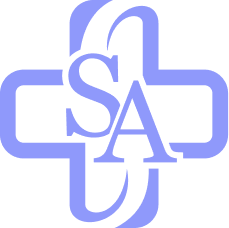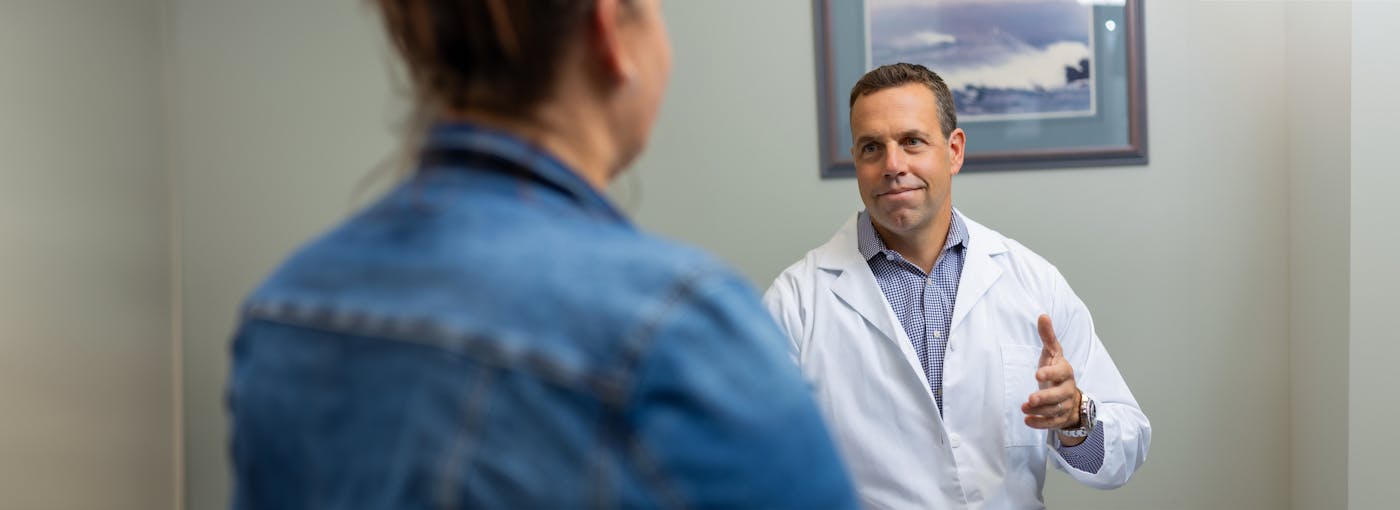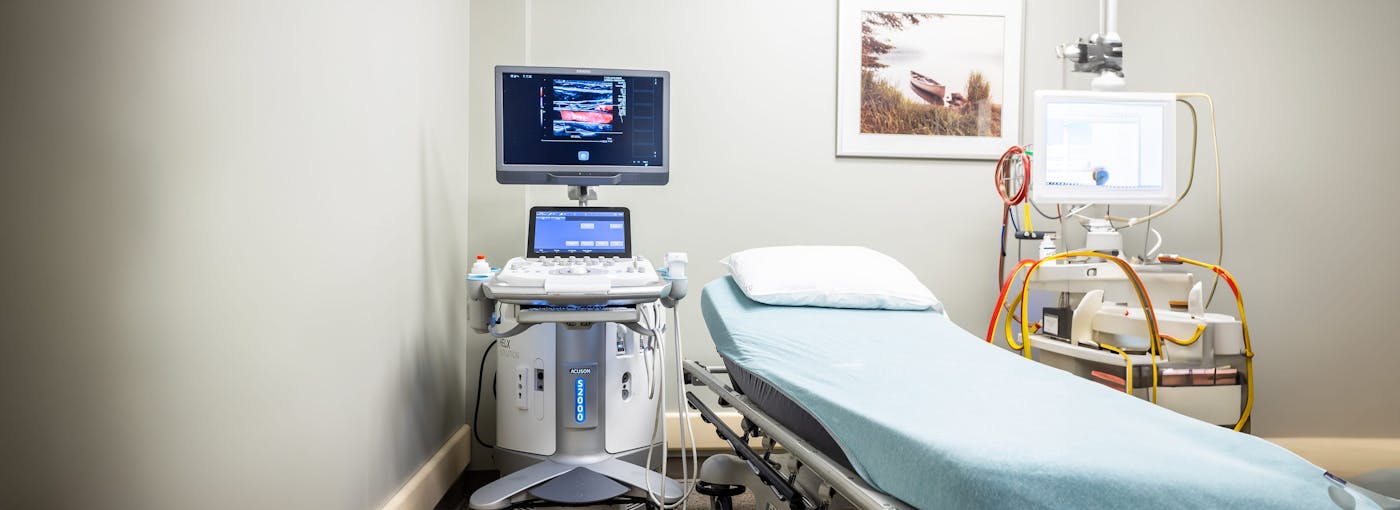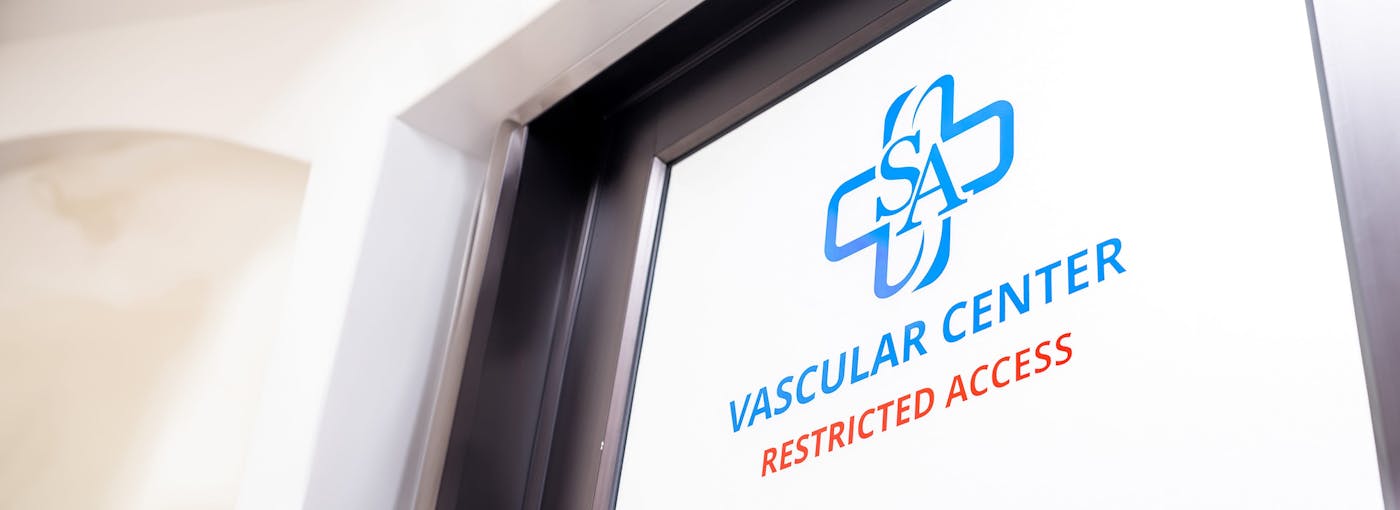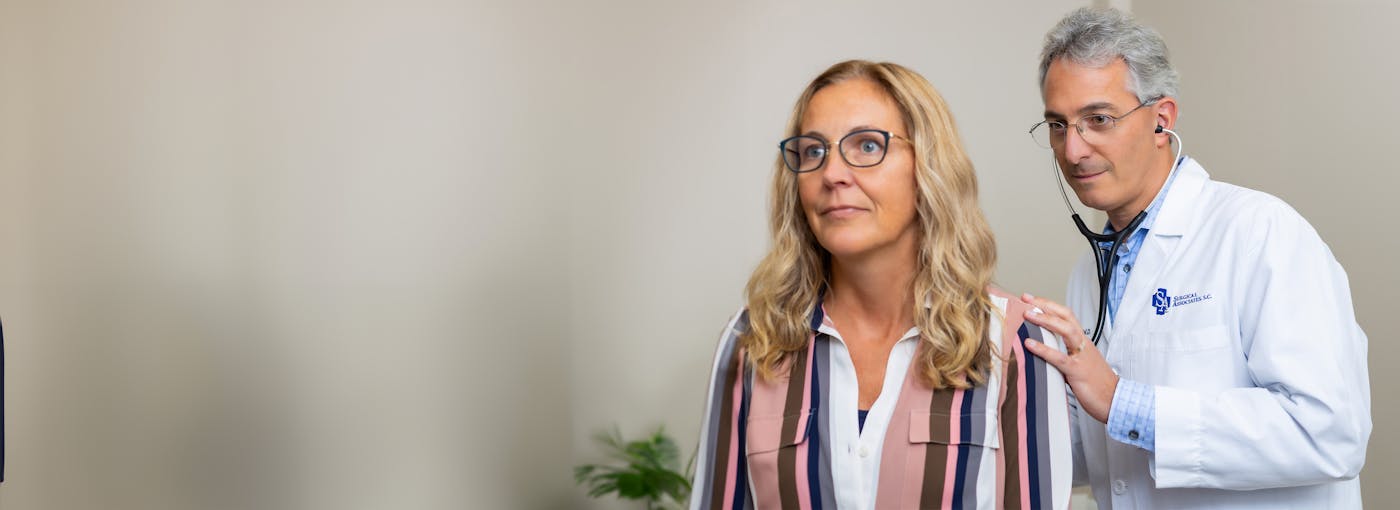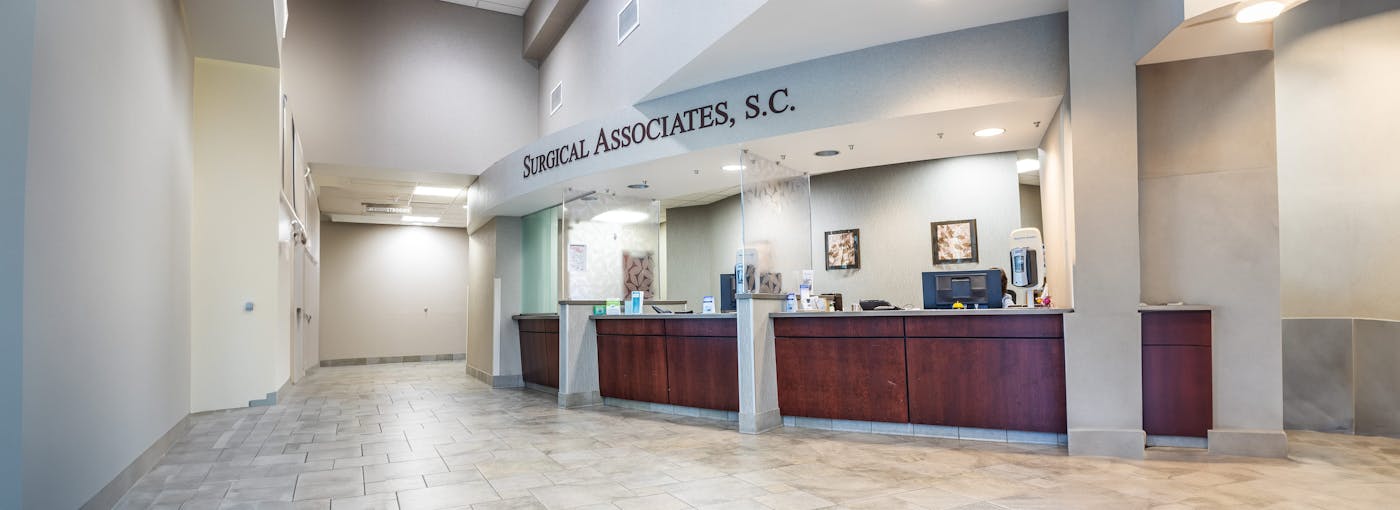Explore our Vascular Surgery section to learn about our cutting-edge treatments and procedures for vascular conditions, encompassing care for arteries, veins, and lymphatic issues.
What is Vascular Disease?
Any condition affecting the circulatory system's veins and vessels is a vascular disease requiring treatment for issues like insufficient blood supply to tissues or inadequate white blood cell bathing of tissues.
- Peripheral Arterial Disease (PAD): Caused by deposits narrowing or blocking arteries, leading to potential leg pain, skin color changes, sores, and risk of heart attack or stroke. Treatments include angioplasty, stenting, and bypass surgery.
- Abdominal Aortic Aneurysm: An enlargement of the aorta that can cause severe symptoms if ruptured. Risk factors include smoking and high blood pressure, with surgery required for large or growing aneurysms.
- Carotid Artery Disease: Narrowing of the arteries supplying blood to the brain, risking stroke. Symptoms vary, with treatments including endarterectomy and stenting to clear or widen the artery.


